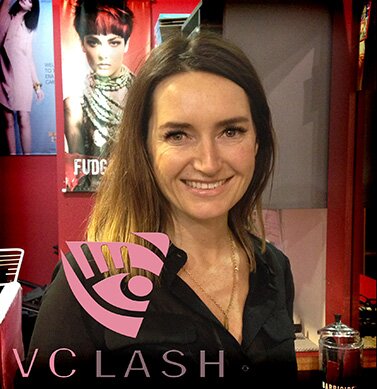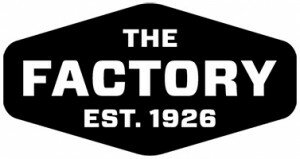 Ten days in the United States soaking up the latest agritech trends can leave some big impressions, and the biggest for me was scale – US agriculture is BIG, and has an equally big appetite for new technology. One agritech entrepreneur I met referenced what seems a commonly held view that in the next five years the average US farm will have at least 50 devices measuring and transmitting everything from soil moisture and pest presence to climate indicators. The pace of change is huge and the opportunity that this connectivity creates for new business models is mind-boggling.
Ten days in the United States soaking up the latest agritech trends can leave some big impressions, and the biggest for me was scale – US agriculture is BIG, and has an equally big appetite for new technology. One agritech entrepreneur I met referenced what seems a commonly held view that in the next five years the average US farm will have at least 50 devices measuring and transmitting everything from soil moisture and pest presence to climate indicators. The pace of change is huge and the opportunity that this connectivity creates for new business models is mind-boggling.
Earlier this month I was fortunate enough to join the BioLumic team as they took on a very scary, non-stop itinerary of pitches and meetings with would-be investors, potential customers and the big boys in agriculture. We started in St. Louis, attending the Ag Innovation Showcase alongside 400 senior managers, technology scouts, start-ups and investors; this conference really exceeded our expectations in creating connections to the right people.
BioLumic, a Palmerston North-based start-up that understands how to apply UV light to plants and gain massive growth in yield, was one of 21 companies presenting the latest in agritech. BioLumic’s technology is very impressive but would have been nothing without an incredibly well-rehearsed pitch (think 50+ runs at practice), plus two days on the trade stand and 1:1 meetings. The reward was an impressive set of new relationships that are already delivering results.
Also making a splash at this event was Manawatu manufacturer and developer, Baker No-Tillage, and Auckland-founded BioDiscovery New Zealand, who are smack in the middle of microbial conditioning, a very hot area of current interest. Another start-up commercialising Manawatu science was in the crowd and one of the presenting US companies was led by an ex-pat Manawatu entrepreneur. Phew! New Zealand looked very, very good. Big ups to NZTE, who opened the opportunity, and their superb US-based staff, who worked professionally and tirelessly to create connections.
After St. Louis we headed back to the West Coast and drove over most of Northern California, meeting customers as well as several strategic players and faculty at the very impressive public research university, UC Davis. Standing in the middle of vegetable operations 30-40 times larger than New Zealand’s biggest is sobering stuff, but I can see a huge opportunity here for companies with real solutions to pain points.
Apart from scale, the other reflection is the very real and growing demand for new technology. Feeding the future population of the world is a serious challenge. For those involved in food, the challenge is very real and new technology is required to maximise outputs. But both the standard of competition and corresponding expectations are exceedingly high; if you are a Kiwi company looking to take your technology to the US agritech market, expect some scepticism, including blowtorch scrutiny of your data, ongoing questioning of your technology and in-depth evaluation of your IP. Alongside these challenges, however, the potential for rewards on such a huge scale is equally enormous.
Dean Tilyard
CEO, BCC




